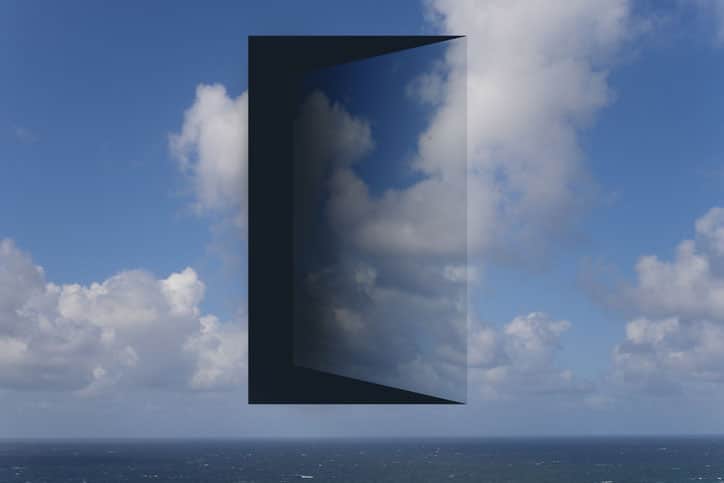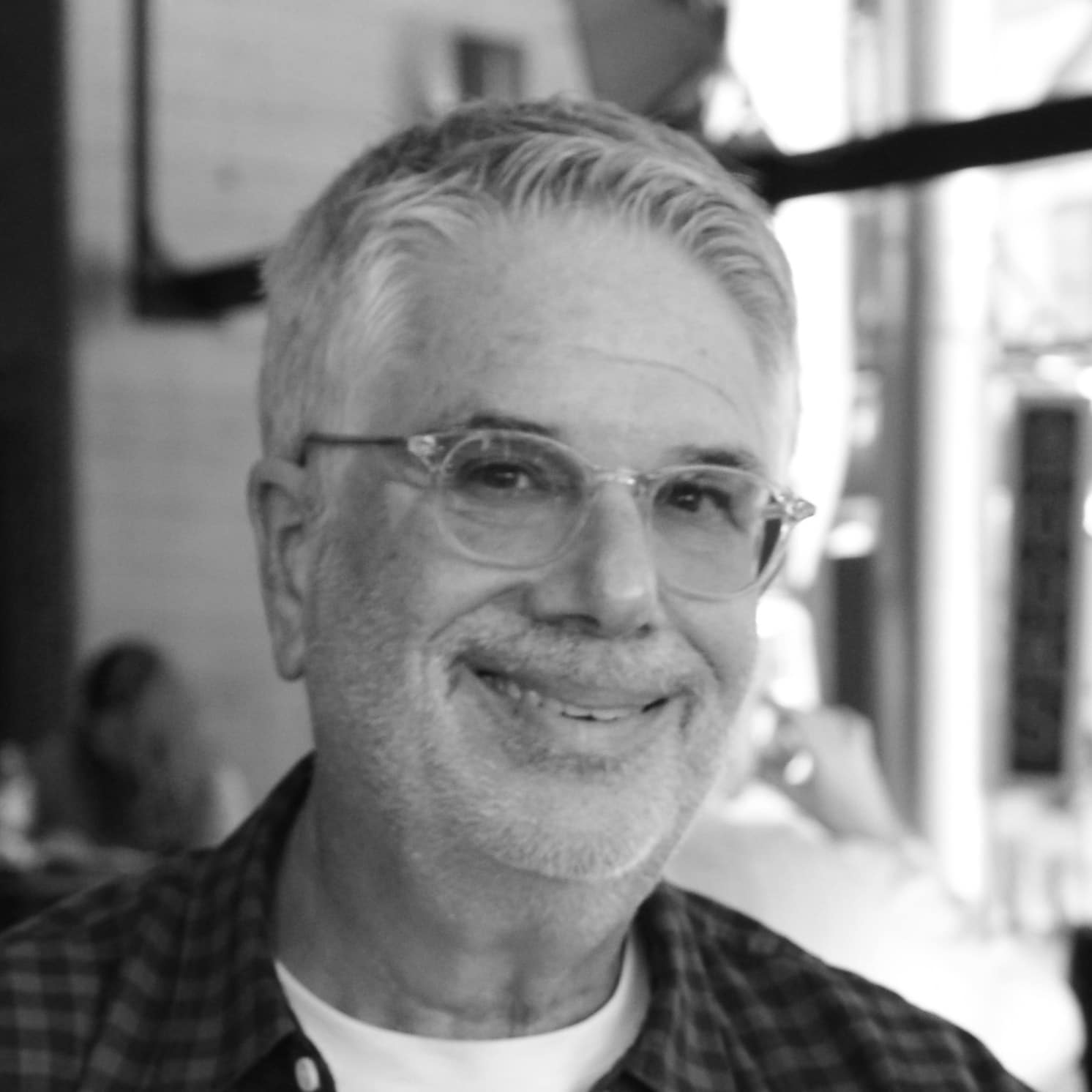 Maciej Toporowicz, NYC/Getty Images
Maciej Toporowicz, NYC/Getty Images Editor’s note: 11th in a series.
So I’m a former advertising agency copywriter. There’s a commercial currently running that I’ve seen a hundred times. An older lady says, “Age is just a number.” And then, directed to give a look of defiant confidence, she tilts her head into the camera, “And mine is unlisted.”
Clever line. Give this copywriter an award. But what the actor has been scripted to say carries absolutely no validity. At age of 72, I can testify that age is not just a number. It is inherent with meaning as well as happy and harsh realities that cannot be denied.
I Googled “old age and Torah,” to see what Jewish viewpoints were. Of course, the first website that came up was Chabad.org: “The Torah considers old age a virtue and a blessing. Throughout the Torah, “old” (zakein) is synonymous with “wise”; the Torah commands us to respect all elderly, regardless of their scholarship and piety, because the many trials and experiences that each additional year of life brings yield a wisdom which the most accomplished young prodigy cannot equal.”
What does it mean “to respect all elderly regardless of their scholarship and piety?” The commentary is telling us the wisdom that comes from the practical experiences of a long life is as important if not more so than wisdom that only comes from scholarship and piety. You gain that life wisdom as you age. You become more humble as you age. Who then would want to deny the gift of years and believe that age is just a number? Denying your age is like denying your existence as well as what you have celebrated, witnessed, endured and learned.
Also, contrary to trendy vernacular, the 70s are not the new 60s. And the 50s are not the new 40s. As many vitamins as can be ingested, as many animal products that aren’t eaten, as many yoga classes as can be attended — our internal organs, knees, hips, backs, feet, brains and guts announce themselves everyday telling us what age we really are.
At my 72nd birthday dinner a few weeks ago, my kids asked what wisdom I had to share. I finished twisting my mushroom pasta into the tablespoon, looking from one kid to the next and then to my wife.
“Mystery.”
It just popped out. I had never heard myself say that before. I continued with an extemporaneous explanation that I didn’t even know was rolling around in my head. Only recently, did I tell them have I learned to accept and embrace mystery. When I was younger I never considered mystery because I was working so fanatically to strategize my next move, to get ahead, believing I could control life and make the world work the way I was planning. At this age, I realize that what succeeded and failed, how the stars aligned, and how the world proceeds in all its ways, is all a mystery. The outcomes of some mysteries have been fascinating and beautiful, and others have been excruciatingly painful. With the risk of sounding kabbalistic, I now know that so much is concealed. We are not meant to understand everything. I am finding that incorporating the realities of mystery into how I live at this age, helps the world make sense to me, gives me peace and enhances my creative. Mystery, I believe, is at the core of all creativity.
The outcomes of some mysteries have been fascinating and beautiful, and others have been excruciatingly painful. With the risk of sounding kabbalistic, I now know that so much is concealed.
When I turned 40, I hosted my birthday party on a Saturday night in the ad agency where I was the creative director. Among all the other events that evening, I invited a Hasidic rabbi to teach Kabbalah, because only at age 40 is when it is believed you are grounded enough to open to its mysteries and not lose your balance in its revelations. Perhaps in the days of the Kabbalistic masters, 40 was considered old. Maybe for me today, 72 is the new 40?
Gary Wexler woke up one morning and found he had morphed into an old Jewish guy.























 More news and opinions than at a Shabbat dinner, right in your inbox.
More news and opinions than at a Shabbat dinner, right in your inbox.